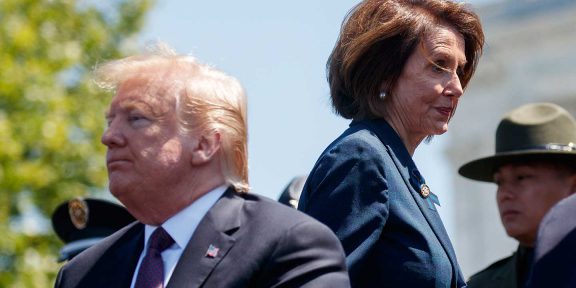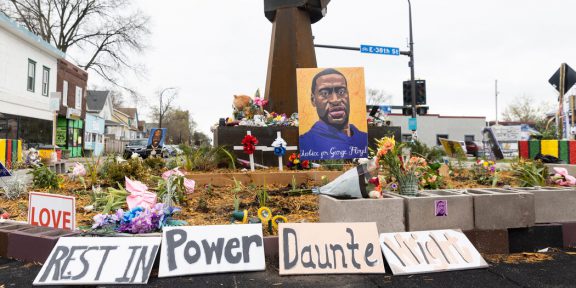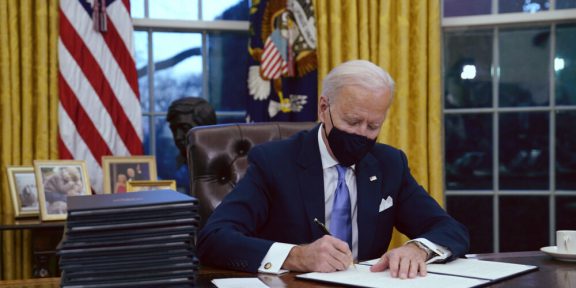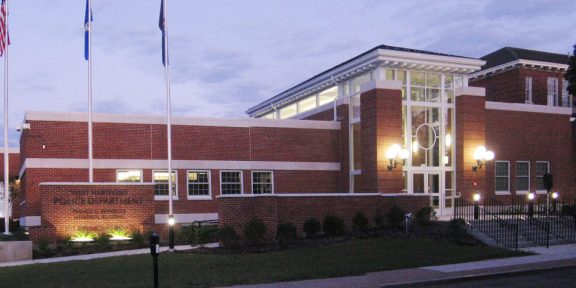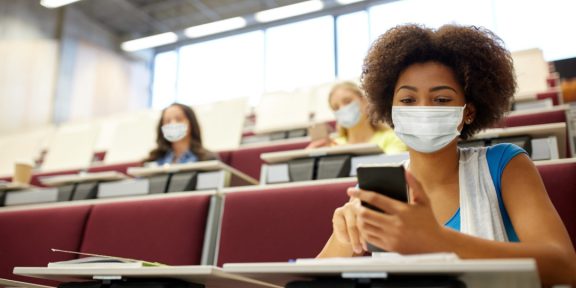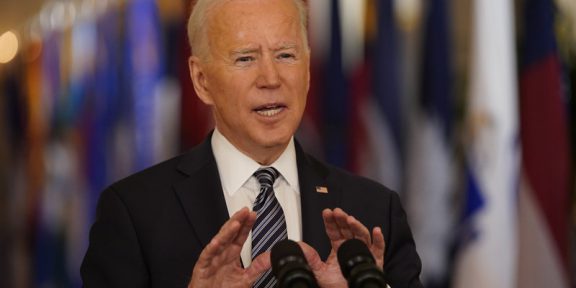Many on the UHart campus know Ben Brewer as a passionate professor in the Barney School of Business, but few may be aware of how he is not only teaching economic theory but testing it. Specifically, Brewer has spent a majority of his academic career conducting a myriad of fascinating research studies, all of which surround the laws and policies that govern our everyday lives.
Ranging from topics such as how income tax breaks affect the elderly, to understanding how Uber impacts alcohol consumption on Super Bowl Sunday—Brewer is set on exposing the unintended effects of wide-scale social programs. Consequentially, Brewer has flashed high-beam headlights on seat belt legislation.
“I’m not arguing against seat belts,” Brewer said. “In fact, it is a net positive for society. It is just not quite as net positive as we may think it is.”
According to Brewer, this is because the largest source of organ donation stems from the deceased

victims of motor vehicle accidents, deaths which seat belts are potent in preventing. Therefore, while states with less restrictive seat belt policy face a higher number of auto-related deaths, Brewer has found that they rarely experience shortages in organ donor availability, a source of life-saving instances itself.
The journey to this conclusion began back when Brewer was a grad student at the University of New Hampshire, after he discovered that the “Live Free or Die” state was the only one in the country without any seat belt laws. This spawned a curiosity concerning the alternative sides to public health policies, which has been the focus of most of his research interest since.
“My goal with my research is ‘how can I help public health researchers, policy makers of the state and federal level?’” Brewer said. “How can I give them the best information, the most up to date information on all sides, not just the one thing their focusing but on all the different effects so that we can make better decisions going forward?”
Currently, Brewer is practically spilling over with new research inquiries, given the slew of public health policies that have emerged in response to the COVID-19 pandemic. However, his main research interests going forward stem from this original
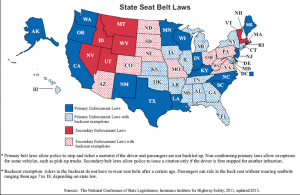
seat belt study. Currently, Brewer is probing the potential ties between racial profiling and seat belt laws, especially in states where such policy is at its most restrictive.
“In these states they give police officers a lot more discretion which can be a good thing,” Brewer said. “But I’m curious whether or not that extra power given to officers in states with the most strict form of seat belt enforcement can lead to racial profiling.”
Additionally, he is in the preliminary stages of assessing youth organ donation following the uptick of anti-bullying legislation put forth in the 1990’s and how–while successfully reducing the rate of teen deaths—this monistic focus may also reduce the access to healthy organs for medical transplant. Whatever the case, the most compelling aspect of Brewer’s research is how it isn’t an attempt to distinguish right from wrong. Rather, it is an effort to obtain knowledge about the broader scope, the bigger picture.
“As people, we like to keep things simple,” Brewer said. “In economics we have the term ‘all else equal’. But the problem is, in the real world, all else is not equal. Things interact with one another and are connected in more ways than we initially thought.”

